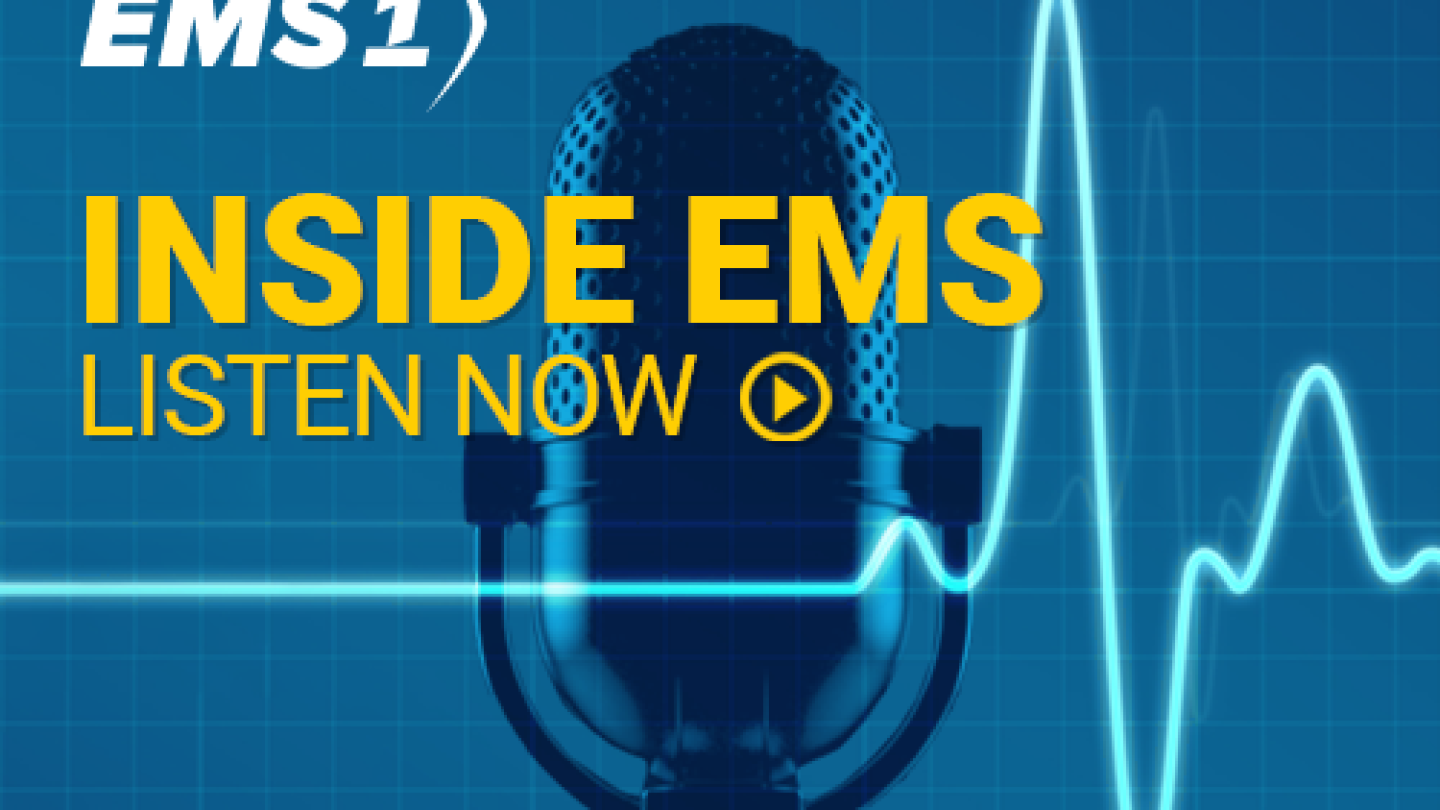On September 11, 2001, terrorists used hijacked airplanes as weapons to attack the United States. Two planes hit the World Trade Center towers in New York City. One plane flew into the side of the Pentagon. A fourth plane crashed in a Pennsylvania field after passengers stormed the cockpit. Nearly 3,000 people died in the attack.
In the aftermath, thousands of first responders converged on the sites of destruction, climbing through mountains of smoking debris and rubble in a race to find survivors. Ultimately, 8 EMS providers and 343 firefighters died that day and countless more have succumbed to 9/11-related illnesses from their time working at Ground Zero.
Read the stories of survivors, as well as how lessons learned are impacting the way first responders of today train and respond to incidents. To share your 9/11 story, email editor@ems1.com.






